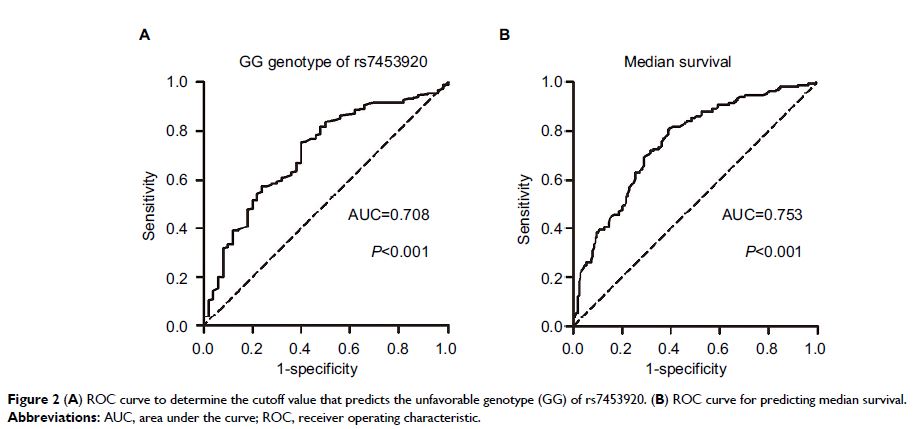108384
论文已发表
注册即可获取德孚的最新动态
IF 收录期刊
- 3.4 Breast Cancer (Dove Med Press)
- 3.2 Clin Epidemiol
- 2.6 Cancer Manag Res
- 2.9 Infect Drug Resist
- 3.7 Clin Interv Aging
- 5.1 Drug Des Dev Ther
- 3.1 Int J Chronic Obstr
- 6.6 Int J Nanomed
- 2.6 Int J Women's Health
- 2.9 Neuropsych Dis Treat
- 2.8 OncoTargets Ther
- 2.0 Patient Prefer Adher
- 2.2 Ther Clin Risk Manag
- 2.5 J Pain Res
- 3.0 Diabet Metab Synd Ob
- 3.2 Psychol Res Behav Ma
- 3.4 Nat Sci Sleep
- 1.8 Pharmgenomics Pers Med
- 2.0 Risk Manag Healthc Policy
- 4.1 J Inflamm Res
- 2.0 Int J Gen Med
- 3.4 J Hepatocell Carcinoma
- 3.0 J Asthma Allergy
- 2.2 Clin Cosmet Investig Dermatol
- 2.4 J Multidiscip Healthc

人白细胞抗原基因多态性与肝细胞癌中乙型肝炎病毒相关的全身性炎症的关联
Authors Wu XL, Li ZY, Bi XY, Zhao H, Zhao JJ, Zhou JG, Han Y, Huang Z, Zhang YF, Cai JQ
Received 7 March 2018
Accepted for publication 7 May 2018
Published 31 July 2018 Volume 2018:10 Pages 2315—2324
DOI https://doi.org/10.2147/CMAR.S167574
Checked for plagiarism Yes
Review by Single-blind
Peer reviewers approved by Dr Cristina Weinberg
Peer reviewer comments 2
Editor who approved publication: Professor Luzhe Sun
Background: Systemic inflammation (SI) is associated with tumor progression
and overall survival (OS) in patients with hepatocellular carcinoma (HCC). The
presence of some single nucleotide polymorphisms (SNPs) in the human leukocyte
antigen (HLA) region can influence the prognosis of patients with hepatitis B
virus (HBV)-related HCC, although the mechanism remains unknown. This study
aimed to analyze the correlations between HLA gene polymorphisms and SI.
Patients and
methods: This study included 330 patients
with HCC. The clinical parameters were reviewed, and five SNPs, namely
rs2647073, rs3997872, rs3077, rs7453920, and rs7768538, were genotyped using
the MassARRAY system.
Results: The rs3997872, rs7453920, and rs7768538 genotypes were found to be
significantly associated with OS (P <0.05). The
rs7453920 genotype was significantly associated with the neutrophil/lymphocyte
ratio (NLR; P =0.001), which was
used as an SI index with a threshold determined by receiver operating
characteristic analysis. An elevated NLR was also an independent predictor of
OS according to univariate and multivariate analyses (P <0.001).
Conclusion: Our data show that HLA gene polymorphisms are associated with SI
in patients with HBV-related HCC, and the absence of minor allele A (rs7453920)
promotes SI and shortens OS.
Keywords: human leukocyte antigen, single nucleotide polymorphism, systemic
inflammation, hepatitis B virus, hepatocellular carcinoma
